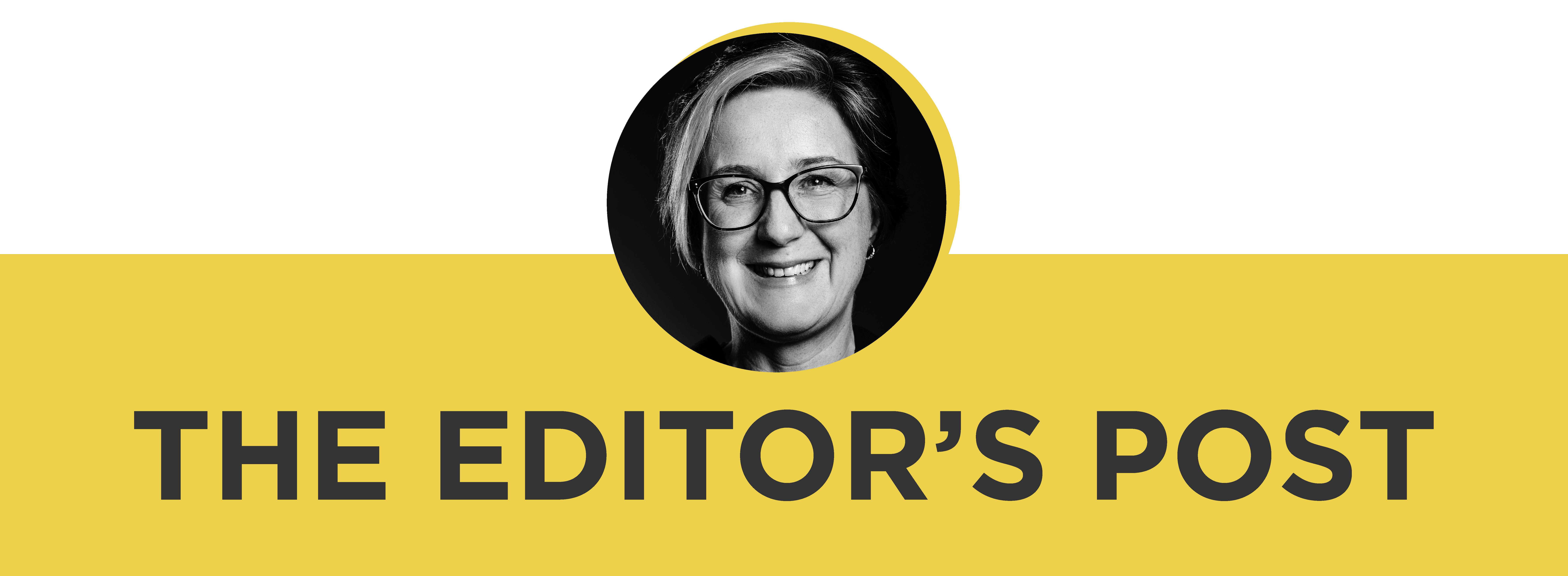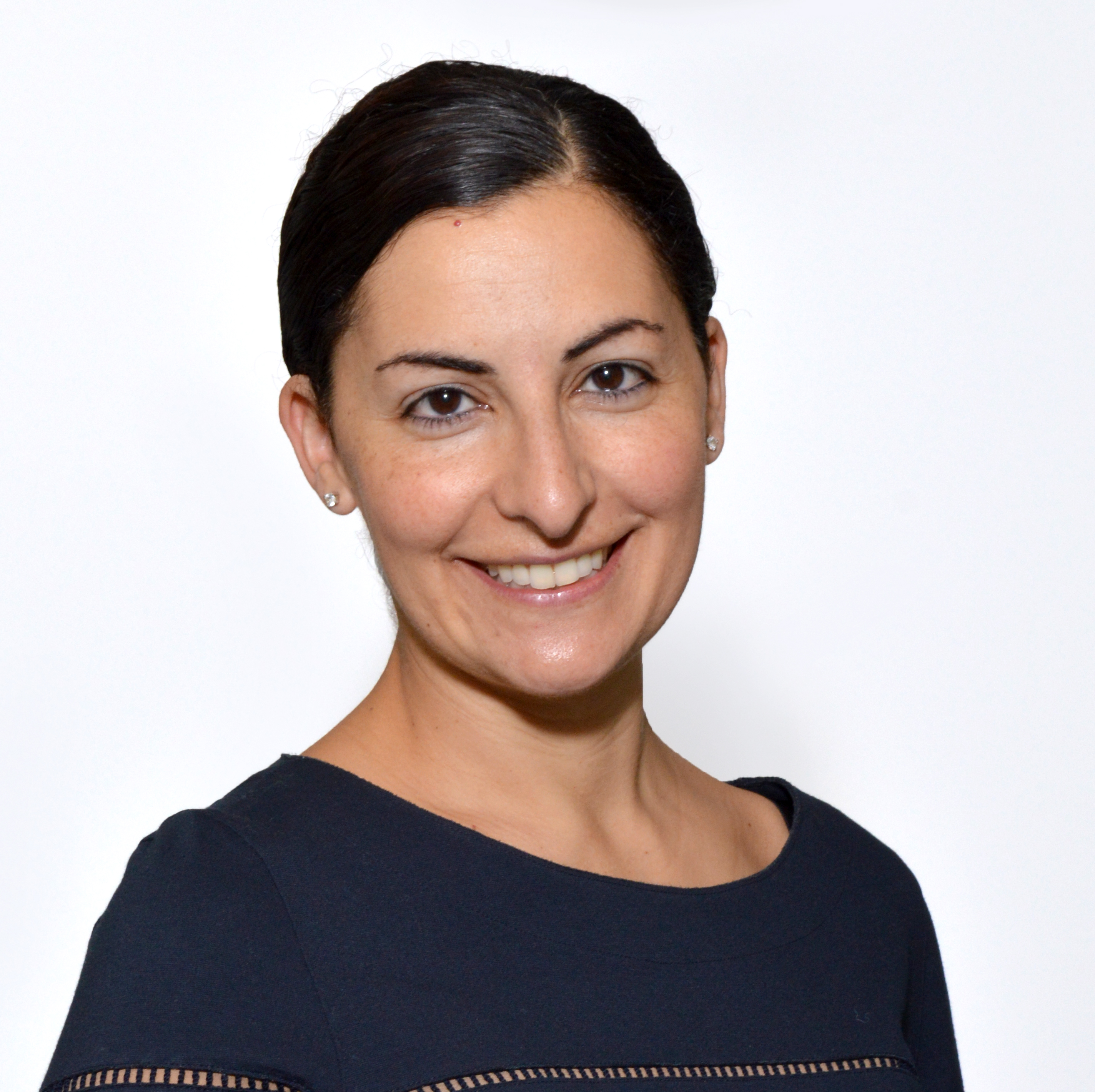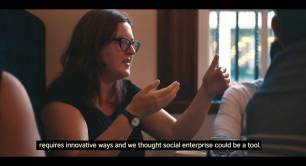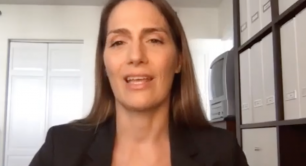The Editor’s Post: Why we're featuring Middle East social entrepreneurs this week

We thought long and hard about whether to publish our feature about the growing green businesses in the Middle East this week, as the conflict there escalates, but we believe that the global community of impact pioneers can offer solidarity by understanding each other's work on a deeper level. This week's view from the Pioneers Post newsroom – plus an update from our interviewees in Lebanon.
In the northern city of Zgharta in Lebanon this week, one of the country’s biggest social enterprises, FabricAid, has delivered a tonne of clothes, carefully sorted to meet the needs of the 5,000 families who have fled there from the bombardments in the south of the country and the capital city Beirut.
FabricAid was founded in 2018 by Omar Itani who has pioneered a circular clothing model in Lebanon, taking donated items, repairing them and reselling them at a low price to people who can’t afford expensive fashion. The social enterprise has proved an enormous success, raising the largest seed round by a social enterprise in the Arab region to date and with 14 retail stores in Lebanon and Jordan.
But the escalation in conflict in recent days has meant the social enterprise has gone into emergency mode, working with NGOs and others to distribute emergency supplies to displaced people. In less than one week it has donated more than 10,000 items of clothing, according to its Instagram account.
While the breaking news outlets focus on the bombing, the politics and the cost of oil, we’re taking a different perspective
We know from our global coverage of the impact economy that in times of conflict, social entrepreneurs and the people and organisations they work with are often well positioned to offer support where it’s needed, quickly and efficiently. But the impact these organisations make isn’t only important during times of disaster and tragedy. As a global community of impact pioneers, we can offer solidarity by understanding each other's work on a deeper level.
So this week our main feature highlights the stories of several inspiring environmentally-focused enterprises working across the Middle East – including FabricAid. It’s a feature that the Pioneers Post team has been working on for some time, with our partners at Hogan Lovells, and we thought long and hard about whether it was appropriate to publish now, as the crisis in the Middle East is scaling up by the day.
While the breaking news outlets focus on the bombing, the politics and the cost of oil, we’re taking a different perspective because we believe that these stories should still be told. We look at how these enterprises are reacting to their communities’ challenges, the financial issues they are facing and the successes that they’ve had in a region where fundraising is difficult and there is little understanding of their business model.
We were all struck by something that Myrna Atalla, outgoing executive director of Middle Eastern funder Alfanar Venture Philanthropy, said about her reaction to the 7 October attacks last year and subsequent retaliations: “At a moment of unbelievable tragedy and loss, it can be hard to know what to do... sometimes the most disruptive thing we can do is stick to our mission and keep doing it.”
Alfanar yesterday confirmed that it is stepping up support to the enterprises in its portfolio which are offering essential services to the most affected communities.
At Pioneers Post, we’re attempting to maintain contact with the entrepreneurs that we’ve interviewed and hoping they – alongside all members of the impact community operating in conflict zones – can stay safe during these difficult times.
|
The view from Lebanon: Fight against darkness by doing good
Over the past two decades, Alfanar Venture Philanthropy has had to find ways within its lasting change mission to respond to devastating, unanticipated crisis. Whether Covid-19, the Beirut port explosion or, over the past year, the growing humanitarian crisis across Gaza and now Lebanon, the benefit of backing proximate social investors like Alfanar is that we and our social enterprises are not only attuned to the challenges, but also, having invested in scaling up solutions, these can be adapted to respond to need quickly. As soon as schools across Lebanon closed during the week of 23 September to start accepting the now 1 million Lebanese displaced, Alfanar’s education social enterprise Tabshoura focused on enhanced outreach to parents, teachers and schools with its online learning platform to help students to continue learning in the midst of war. Similarly, FabricAid has been responding to numerous orders from Lebanese NGOs supporting displaced people with winter clothing packages. By 3 October, it had distributed 10,000 items and begun a crowdfunding campaign to scale up its response in proportion to the monumental need engulfing the country. Finally, as in the aftermath of the Beirut explosion, social enterprise ShareQ is preparing vacuum-sealed meals that can last 2-3 days in situations where no refrigerators exist. They are preparing to start distributing 60,000 meals, noting their efforts to grow this response to meet growing need. In conversation, founder Samer Sfeir reminded me why social enterprises are such an important investment: “The way we fight against darkness is to do good.” |
Read more about social enterprise in conflict situations
- ‘I asked my team: are you ready? They said yes.’ In Ukraine, social entrepreneurs are stepping up for their country
- Seven social ventures helping Ukrainians survive and thrive in wartime
- Can social entrepreneurs help pave the way to peace in Yemen?
- Three ways social entrepreneurs work in conflict regions
This week's top stories
Against the odds: The growing green businesses of the Middle East
Start small, but start somewhere meaningful: How to be brilliant at reporting your impact
Impact-linked compensation: How to move from kids’ shoes to a grown-up model
The Impact World this Week: 3 October 2024
Header photo: Omar Itani, founder of Lebanon-based FabricAid
Thanks for reading our stories. As an entrepreneur or investor yourself, you'll know that producing quality work doesn't come free. We rely on our subscribers to sustain our journalism – so if you think it's worth having an independent, specialist media platform that covers social enterprise stories, please consider subscribing. You'll also be buying social: Pioneers Post is a social enterprise itself, reinvesting all our profits into helping you do good business, better.


 As we were finalising this week's stories and newsletter, Alfanar's outgoing executive director Myrna Atalla shared this update with us
As we were finalising this week's stories and newsletter, Alfanar's outgoing executive director Myrna Atalla shared this update with us

